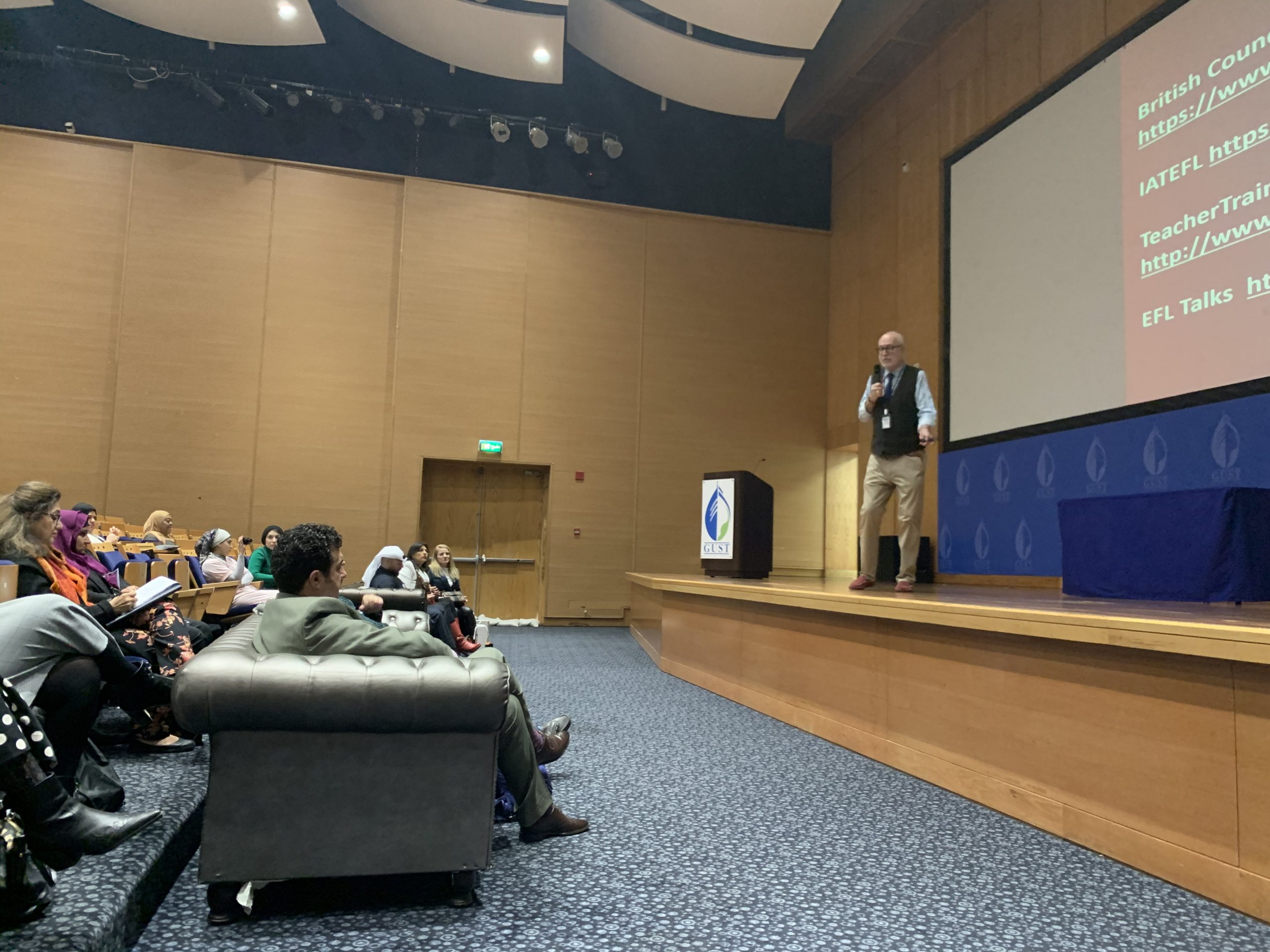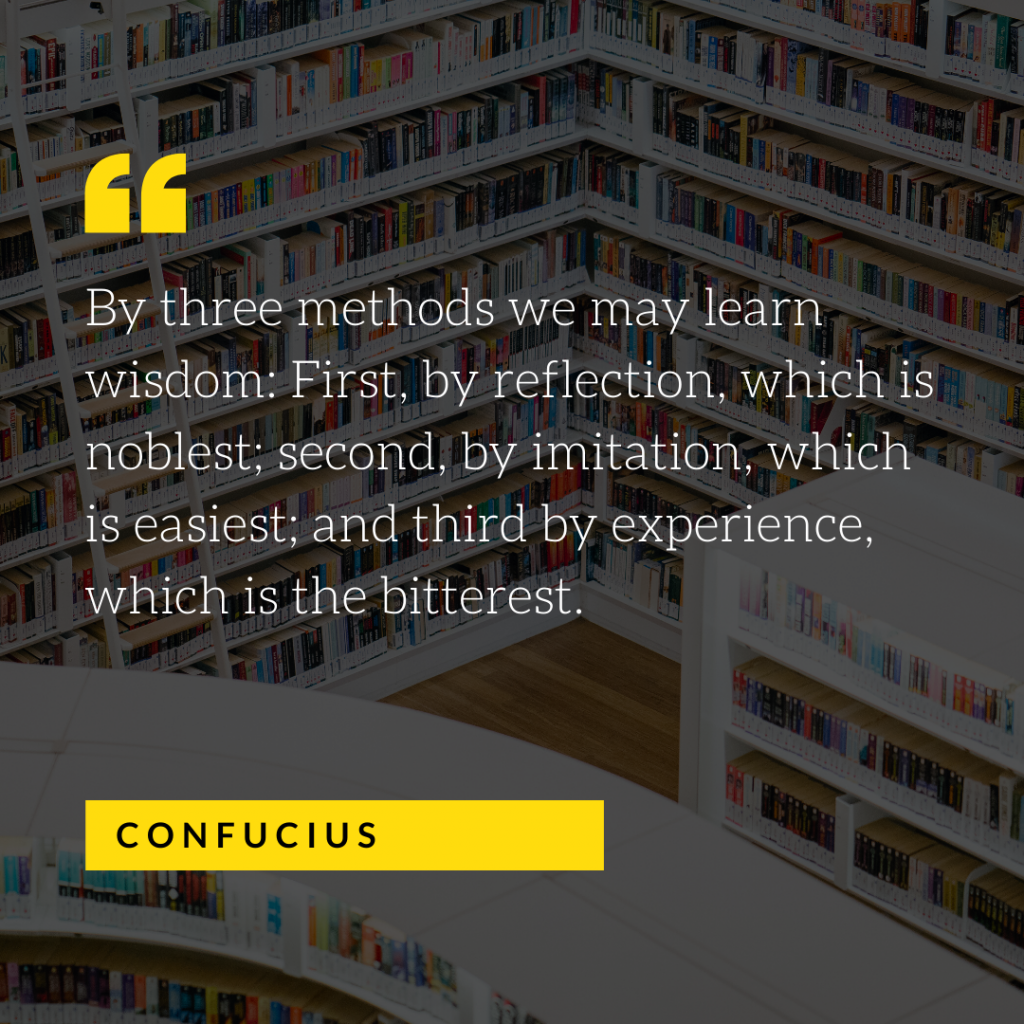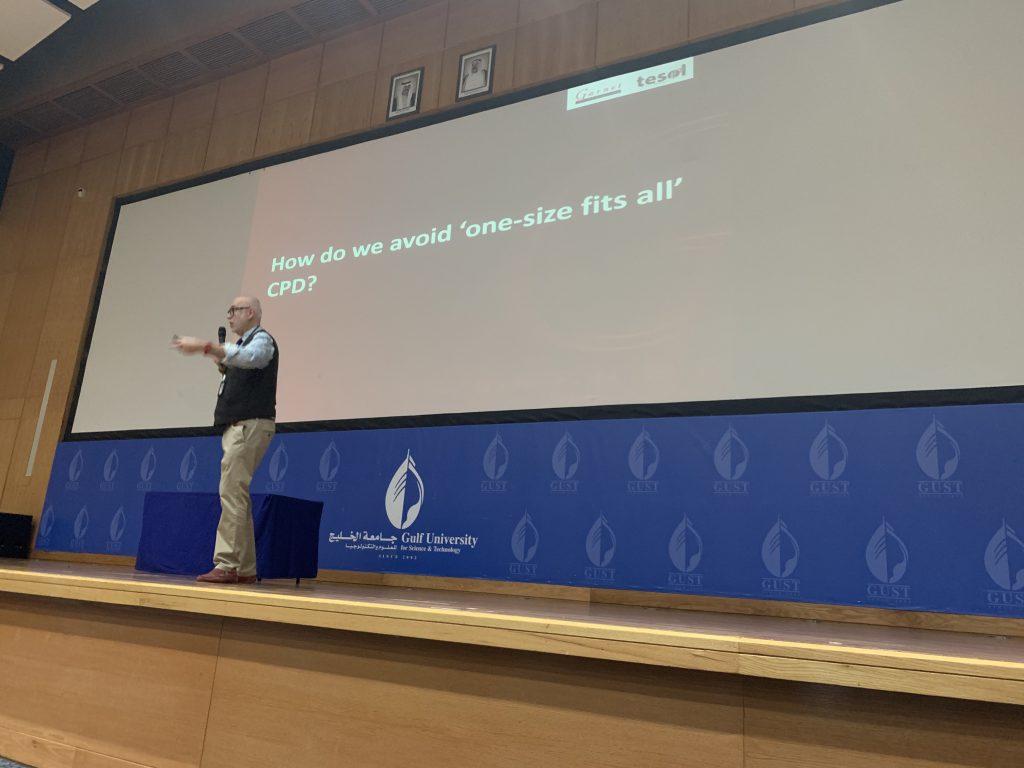
Like many people, when I was younger, I was rather a careless driver. I was quite lucky however, and most of what could be best described as my ‘incidents’ were quite small and insignificant … until about ten years ago.
I was driving away from my mother’s house, wanting to make a right turn, and there was a taxi on the other side of the crossroads also wanting to make a right turn. The main road was clear, he flashed his lights, (I should explain at this point that in British culture, flashing the lights means ‘you go’, not ‘I’m going’), so I went. The next thing I remember was a huge crashing sound and there was a taxi embedded in the side of my car. Nobody was hurt, but we were both men and as men are supposed to in these situations, we got out of our cars and started shouting at each other. His car was not particularly badly damaged, so he drove off. Mine was in a worse condition, so I had to sit for quite a long time waiting to be towed away. When I got home in the evening, I was pretty shaken and still angry because the guy had told me to go and then pulled out in front of me. It was only after literally sleeping on it and slowly piecing together what had happened, I realised that after he had flashed his lights, I had paused. I didn’t move immediately, and he clearly thought I wasn’t going to go, so he went. On that basis, the accident was at least half, if not completely, my fault – but it took me a while and one night’s sleep to come to that conclusion. Apparently since the accident, I’ve been told by my partner, my driving style has changed to being perhaps a little bit more cautious.
So, what does all this have to do with continuous professional development for EFL teachers? Quite a lot actually. I’m sure you’ll agree that no ELT blog is complete without a quote from Confucius, so here it is.

Reflection is of course the key word in the quote and that’s what I did, maybe subconsciously, after the collision. I reconstructed the events and consequently have changed my driving style a little bit. You’ll notice that my reflection on the collision had two stages. In the army they call it hot reflection and cold reflection. The hot reflection is just after the event, while the cold reflection was, for me, the following morning. And that cold reflection was probably a more accurate version of events.
After all this talk of car accidents, what I’m suggesting is that reflective practice is the key to self-guided professional development. So much of our professional development is ‘top-down’, provided by an institutional employer and based on their interpretation of the needs of teachers or sometimes, (call me a cynic), based on what content happens to be available at any given moment. In any case it’s professional development that comes to you. My submission is that the most effective professional development is professional development that you go to, that you actively seek, that you choose. These choices are based upon an understanding of your needs as an individual, and that understanding comes from reflective practice.
All teachers (I hope) reflect. Some people just think about their lessons sitting in the staff room, or maybe when they get home at night over a cup of coffee. Others write diaries or blogs, while some people have semi-formal conversations with colleagues. There are also many online forums where we can chat about incidents in lessons – let’s face it, teaching is a lonely job sometimes. I once met a teacher who draws small sketches of what went on in a class. In a sense the ‘how’ of reflection doesn’t matter – it’s the ‘what’ that’s so important.
There are some challenges around reflection of course.
One is obviously time; you need to get into a routine in order to reflect on a regular basis. It’s important to remember that reflection is not just about single or one-off events, and not just about things that go badly or things that go particularly well. It’s about looking for patterns, because those patterns suggest behaviours that we have in the classroom which might need some further examination. We all have disastrous lessons – I’ve certainly had them. While it is useful to analyse what went wrong, surely it’s more useful to look for regular occurrences in our classroom. One-off lesson disasters, though they are a bit depressing, are often caused by events outside of our hands. Though if disastrous lessons are an everyday occurrence for you, you might have a problem!
The other problem with reflection is that of its being objective. Reflection is about us, it’s also about the students, it’s about the materials, about the setting, but essentially it’s about us. Sometimes it’s quite difficult to separate what actually happened from what you think or wish had happened or not happened. Think back to the hot and cold reflection process as a way of dealing with this.

Reflection is a waste of time unless we do something with it. The first stage of doing something is somehow collating the information we gather – a few thoughts scribbled in an exercise book, a voice memo or something you post on a Facebook group. It’s collating this information in a way that makes sense that can be tricky. I’m particularly attracted to the KASA taxonomy suggested by Donald Freeman. It’s a simple structure that allows us to organise some of the evidence, and our thoughts on that evidence, about ourselves as teachers. I recommend using the structure on a number of occasions over a period of weeks or, ideally, months. As I said before, we need to get an indication of recurring patterns, behaviours that need looking at.
Once we’ve been through this process of reflection and gathering themes – not worrying about snapshots – but instead forming a more ‘helicopter view’, (though I hate that term), of ourselves as teachers: What do we do next? Most institutions will organise some degree of professional development but usually on a top-down basis, one size fitting all. Though you may be lucky and that size will be yours. But very often professional development is ill-fitting. However, something called the internet is increasingly changing the opportunities for self-guided professional development.
At the end of this blog (and in the accompanying slide deck), you can see a selection of links that may provide you with some inspiration for professional development routes you want to take, based upon your understanding of your own professional needs and consequent learning outcomes. Of course, not everything on the internet is what it claims to be, and ELT has as many dishonest operators as any other field of humanity. But there’s plenty of excellent material out there, be it webinars, blogs, online courses, virtual conferences or podcasts, covering all age ranges, types of students and courses that you might find yourself teaching. All that said, it is important to go through the process of reflection to, if it doesn’t sound too Californian, understand yourself a little bit as a teacher before you go online.
As Socrates said at his trial, “The unexamined life is not worth living”.
Resources
- British Council
- IATEFL
- Teacher Training Videos (Russell Stannard)
- EFL Talks
- TEFL Commute
- International Teacher Development Institute
- ELT Jam
- ELTtime (our podcast!)
References
- Confucius, Analects 16:19 (probably). 500 CE
- Freeman, D. (1989). Teacher Training, Development, Decision Making: A Model for Teaching and Related Strategies for Language Teacher Education. TESOL Quarterly, 23(1), 27-45.
- Socrates, quoted by Plato in his Apology. 399 CE


